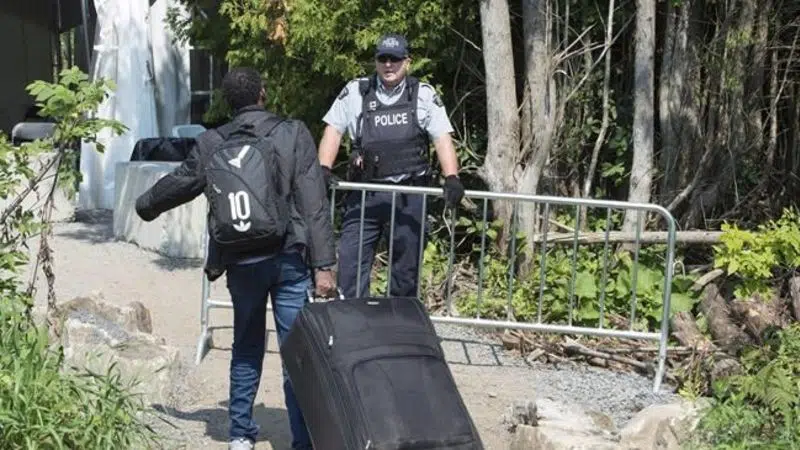
Canada’s asylum system unable to respond to spikes in claims, auditor finds
OTTAWA — Canada’s refugee system is plagued with a backlog of asylum claims that is worse now than it has ever been, caused in part by systemic inefficiencies, according to findings from acting auditor general Sylvain Ricard.
As part of five audits of government activities released Tuesday, Ricard’s office looked at how quickly and efficiently the three government agencies involved in reviewing and processing refugee claims are doing their work.
The audit found Canada’s refugee system is not able to respond quickly to surges in asylum claims, which has led to a two-year backlog as new claims have rushed in over the past two years.
